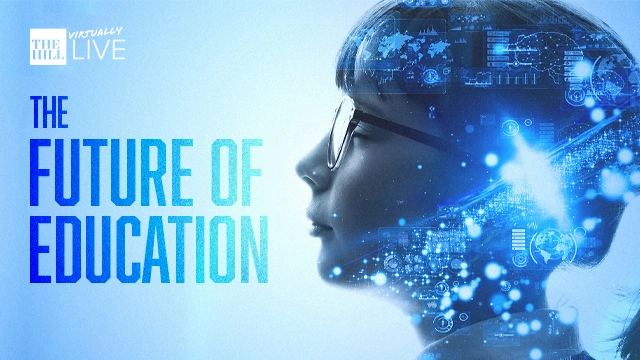The future of education is a constantly evolving landscape, shaped by advancements in technology, changes in the global economy, and shifting societal values and priorities. Here are some deep ideas for the future of education:
-
Personalized learning: In the future, education will be tailored to the individual needs and learning styles of each student. Advanced technology will enable teachers to deliver customized lessons and assessments, helping students learn at their own pace and achieve their full potential.
-
Technology-driven education: Technology will play a key role in the future of education, providing new tools and resources to enhance the learning experience. Virtual reality and augmented reality will be used to create immersive educational experiences, while artificial intelligence will assist with assessment and provide personalized feedback.
-
Skill-based education: The future workforce will require a new set of skills, and education will need to adapt to meet these changing demands. In addition to traditional academic subjects, education will focus more on practical, hands-on learning and experiential education, helping students develop the skills and knowledge needed to succeed in the workplace.
-
Emphasis on soft skills: In the future, soft skills such as critical thinking, problem-solving, creativity, and emotional intelligence will be increasingly valued in the workplace. Education will place a greater emphasis on developing these skills, helping students prepare for success in the rapidly changing job market.
-
Collaborative learning: In the future, education will move beyond the traditional lecture-based model and embrace more collaborative and participatory approaches to learning. This will include peer-to-peer learning, project-based learning, and community-based learning experiences that foster teamwork and creativity.
-
Blended learning: The future of education will be a blend of in-person and online learning, with students able to access educational resources and participate in virtual classes from anywhere at any time. This will allow for greater flexibility and accommodate the unique needs and schedules of individual learners.
-
Global education: The global interconnectedness brought about by technology will drive the need for a more globally-focused education. In the future, students will have the opportunity to participate in virtual exchanges with peers from around the world, learning about different cultures, languages, and perspectives.
-
Lifelong learning: The future of education will emphasize the importance of continuous learning, with education becoming a lifelong pursuit. Students will have access to a wealth of resources and opportunities to continue learning and developing new skills throughout their lives, ensuring they are equipped to meet the challenges of an ever-changing world.
-
Focus on sustainability: In the future, education will place a greater emphasis on sustainability, teaching students about environmental conservation, renewable energy, and sustainable development. This will help equip students with the knowledge and skills needed to address some of the world's most pressing environmental challenges.
-
Emphasis on mental health and wellness: The future of education will place a greater emphasis on mental health and wellness, with schools providing support and resources to help students manage stress and maintain a positive mental state. This will include lessons on mindfulness, self-care, and mental wellness, helping students develop the skills needed to lead healthy and fulfilling lives.
-
Interdisciplinary approach: In the future, education will take a more interdisciplinary approach, encouraging students to explore the connections between different subjects and gain a deeper understanding of the world around them. This will help students develop critical thinking skills, foster creativity, and promote a more well-rounded education.
-
Accessibility for all: The future of education will be more accessible, with initiatives aimed at reducing barriers to education and ensuring that every student has the opportunity to learn. This will include support for students with disabilities, language barriers, and limited financial resources, helping to create a more equitable and inclusive education system.
These are just a few of the many ideas that are shaping the future of education. By embracing new technologies, innovative approaches to learning, and a more student-centered focus, the education system of the future has the potential to transform the way we learn and help students achieve their full potential.


